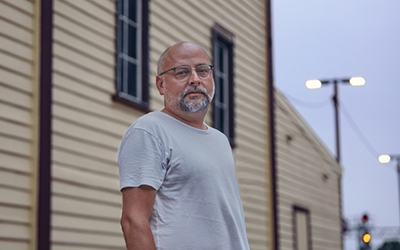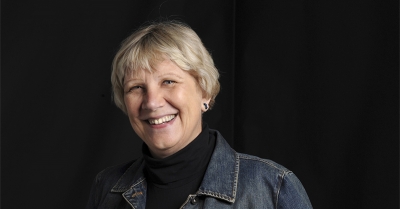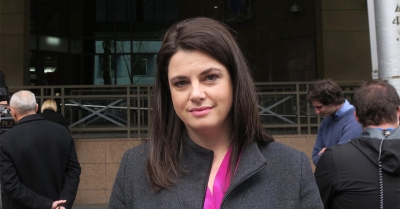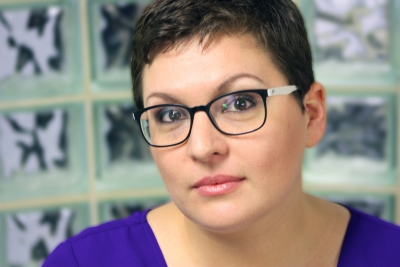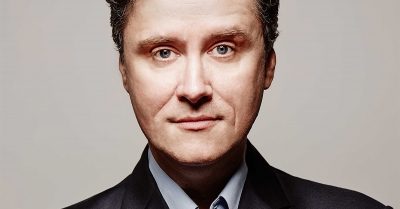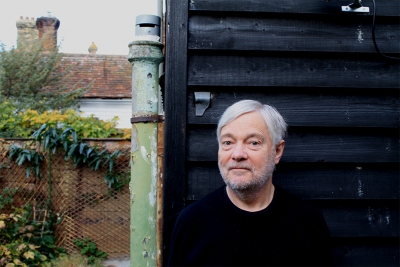Interviews
In the waning days of the Italian lira, I accidentally left a new velvet jacket – pockets stuffed with an early mobile and gobs of cash – in a café in Florence, en route to pay school tuition. 1999. Gone. That forced me to return to Santa Fe, then to Chicago where a friend shoehorned me into a role at the University of Chicago Press. There I dabbled in poetry with Thom Gunn and Mark Strand, and in abstractions with Robert von Hallberg and Julia Kristeva. Initial glimmers. I headed to Melbourne to hopscotch my finance degrees with an English gong with Tony Birch and Chris Wallace-Crabbe. I worked for Thomson Learning and Curriculum Press and was treasurer of Small Press Network. In 2010, I became managing editor of Cordite Poetry Review. I started Cordite Books in 2015.
... (read more)It would be good if editors and publishers took smarty-socks reviewers to task occasionally – probably not in public – if said reviewers go on about falling standards in proofreading or editing. Reviewers should, I think, be aware that the course of publishing never did run smooth – maybe with a difficult author, editing disasters, or horrible scheduling problems – and cut a bit of slack accordingly. I’d also like to see readers engage with reviewers, especially if they have read the book and feel the critic’s comments have been unfair.
... (read more)Louise Milligan is an investigative reporter for ABC TV's Four Corners. Her book Cardinal won the Walkley Book Award. She is also the recipient of the 2019 Press Freedom Medal. Her new book, Witness, is reviewed in the December issue.
... (read more)Beejay Silcox began writing for ABR in September 2016 after infiltrating a Trump rally in rural Virginia. In 2018, she was ABR’s Fortieth Birthday Fellow. Her literary criticism and cultural commentary appears in national and international review publications.
... (read more)I enjoy critics who read beyond the content of the book to discuss what they think the book or author is trying to achieve. Even better if they discover that the book does something the author wasn’t expecting or didn’t deliberately plan.
... (read more)Very rarely, a poem comes almost complete. Even then I’ll tinker. That could mean as many as twenty drafts. A typical poem will take fifty to seventy before it rings clear, without a false note, or a word that trips the tongue. Some drafts are minimal – one or two words. I save them all as Word documents and number them sequentially. That way, I can always go back to an earlier draft if I take a wrong turn.
... (read more)I adore No Such Thing as a Fish, which is practically narcotic for those of a curious disposition. I love Esther Perel’s Where Should We Begin. Bear Brook was utterly compelling and superbly structured. Closer to home, I love Rachael Brown’s Trace series. She’s set the benchmark for Australian investigative podcasts.
... (read more)The use of the word ‘learnings’ should be an offence punishable by death. On the other hand, fine old Australian words like ‘lair’, ‘cove’, and ‘skite’ are long overdue for a comeback. ‘Crapulous’, a wonderful synonym for hungover, is pretty good too.
... (read more)I’ve been fortunate enough to talk to a number of older poets, many of whom are no longer with us. I count myself fortunate to have met poets such as Carl Rakosi, Gael Turnbull, Ed Dorn, Jonathan Williams, Lee Harwood, and Tom Raworth. If I could use a time machine, I’d like to talk to William Carlos Williams, especially about the radical work he produced in the 1920s.
... (read more)Writers are like cat burglars trying to crack a safe, twisting the dial first this way and then that, waiting to hear the click. When they’ve busted the safe, they can’t remember the combination they happened upon.
... (read more)

